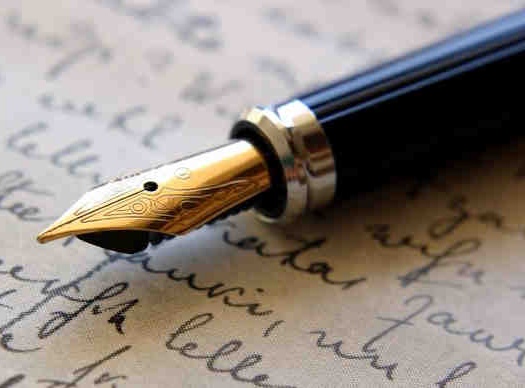Sudan TV and Radio Archive is Facing Destruction and Erosion of 72-years Memory

Osman Al-Asbat
With the escalation of battles between the Sudanese army SAF and the Rapid Support Forces RSF in the city of Omdurman, the buildings of the National Radio and TV Authority are under siege, that increases the danger to the institution’s archive library, which is 72 years old and represents a political, cultural and social legacy for the entire Sudanese nation.
Fears prevail that this heritage, which is rich in knowledge and intellectual products, will be damaged, destroyed, or burned in light of the fires of war surrounding it, thus disappearing and with it a memory that bears witness to all historical eras and is an effective force in the present.
Cognitive Legacy
The library of the National Authority was established with the establishment of radio in 1940, and TV in 1962.
The movie production library was added to it in 1942, and the library of recorded films, which is considered the basic structure due to TV’s reliance on it in program work, addition to the presence of paper libraries, which are archives supporting programs that serve producers and preparers. It provides them with detailed information, and the library maintains a huge amount of program materials and recordings of various types, including songs, drama, and sports, as well as documentaries, politics, and culture.
The library includes Sudan Movies Unit, which represents the cultural, economic and social history of the Sudanese nation, as it has lived through all periods of political rule from the country’s independence until now.
Amid its documentary contents are the raising of the flag and the evacuation and the declaration of independence from within Parliament.
It is considered one of the largest documentary centers in North Africa, and its collection is valued. There are about 13,000 films contained within it, including various recordings.
The cultural library contains more than three thousand titles that include all general knowledge, particularly social, economic, theoretical and languages sciences, addition to Sudanese Press media, arts and literature.
The importance of protection
Cultural heritage researcher Mohamed Omar Younis considered that “the Radio and TV Library represents a cognitive and intellectual heritage that must be protected, particularly after it was in danger following the siege of the National Authority buildings amid expectations of an escalation of fighting in the region, which poses a threat in the event of an exchange of fire, which It results in the destruction or fire of an archive that is more than 72 years old.”
Younis expressed his fears about the possibility of losing an irretrievable human heritage with the aim of controlling radio and TV , based on an old custom that says that “any authority that wants to gain legitimacy must announce this through the microphones of the two devices.”
The cultural heritage researcher stressed the need for “both sides of the conflict to refrain from making libraries military targets to avoid erasing the memory of the Sudanese nation, and depriving the current and future generation of irreplaceable heritage, treasures and knowledge.”
Urgent Appeal
In addition, last Saturday, the Sudanese Journalists Syndicate issued a statement in which it appealed to the United Nations Educational, Scientific and Cultural Organization (UNESCO) and organizations working in the field of preserving tangible and human heritage, to “intervene with the two warring parties to save this heritage and protect it from loss.”
The statement noted, “The union is sounding the alarm bell for the second time since the outbreak of war on April 15th of last year, alerting us to the potential dangers that threaten this legacy.”
The statement noted that “the union received information indicating that the fighting between the Sudanese Armed Forces SAF and the Rapid Support Forces RSF was approaching the radio and TV buildings, particularly since the Rapid Support RSF had arrived months ago, according to identical testimonies from witnesses who were detained in the same place earlier.” To convert radio and television buildings into detention centers, which increases the risk of destroying or damaging an archive that is close to complete 100 years old.
The union confirmed in its statement that, according to documented testimonies, “sudanese radio equipment is being offered for sale in markets in the city of Omdurman.”
Threat and Dangers
In this regard, Mohamed Al-Sheikh, a lecturer of history and civilization at a Sudanese university, points out that “the war reflects a worrying decline in the agenda of cultural rights, as evidenced by the exposure of heritage sites, cultural property, and the country’s cultural heritage to destruction and damage, some of which are still threatened, and others have become exposed in light of… ”
There is no protection and there is a risk of looting and fire.”
The Sheikh appealed to UNESCO and heritage preservation institutions around the world to “take immediate action to persuade both sides of the conflict not to harm Sudanese civilization and culture.”
The lecturer of history and civilization pointed out “the heartbreak of those concerned with human heritage as a result of what is happening now in terms of a clear and major threat to the radio and television library in light of the warring parties’ indifference to the dangers that may lead to the destruction of the country’s memory and history.”



